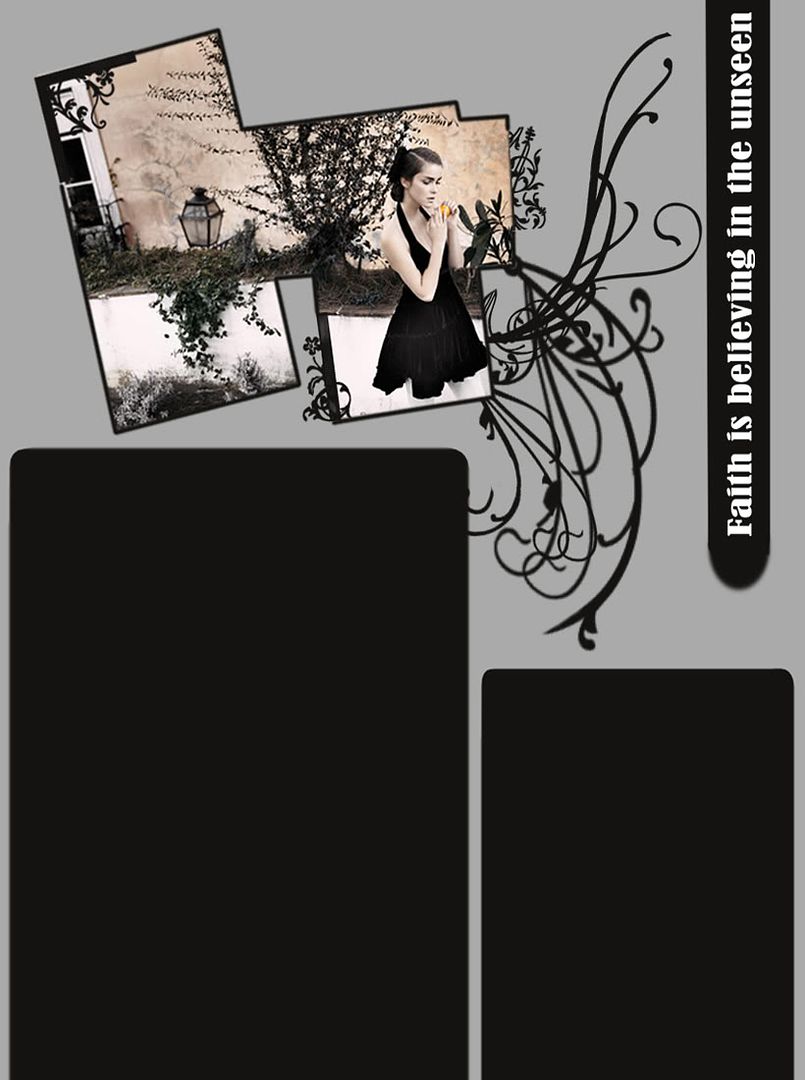Something 2 Share
Over the years, the dress code among Muslim women has been given great attention, especially in relation to the hijab (head covering) practice in which is considered as a symbol of "oppression" towards Muslim women. While Islam is certainly not the only religion to introduce the practice of covering head, it continues to be the centre of attack and heavily discussed as the women's right issue especially outside Muslim world. Furthermore, this has been included as a political agenda in some countries, which results in Muslim women being oppressed and their freedom to practice their religion was taken away. Sadly, we also see that some so-called "Muslim" secularists and hypocrites, under the false insinuation that wearing the hijab is oppression for women, make the ridiculous claim that the Qur'ân "does not make a statement about covering the hair". Obviously, this claim stems from their arrogance combined with their sheer ignorance on the matter. The purpose of this paper is to answer these Critics' claims to show them that their lies do not hold water.
"Oh Prophet! tell thy wives and daughters, and the believing women, that they should cast their outer garments over their persons (when abroad): that is most convenient that they should be known (as such) and not molested and Allâh is Oft-Forgiving, Most Merciful."
[Yusuf Ali's translation of the Holy Qur'an, Sura' al-Ahzaab, verse 59]
In the above verse, women are required to cast their outer garments for them to be recognised as a decent woman, and further to avoid any harassment in any way. The word used in the verse,
jalabib (plural of jilbab), refers to an outer garment which covers the body completely, and so this is also an argument in favor of covering the hair. While the above verse does not specifically mention what is the right dress code applied (apart from the fact that women should cover their body), it clearly shows that the basic underlying concept is modesty. It is widely agreed that women who dressed and behaved modestly are respectable, and it helps in having respectful relationship with other women and men in their daily life. This is the most important reason behind the rules set in Islam, in which it gives total respect to women with regards to their body and preserve their dignity, and at the same time act as a guard and protection to them, at least to a certain extent, from being physically and emotionally harassed.
p/s : Thanks 2 Mdm Rafidah Abdul Jamal 4 helping me out to solve this matter as required 4 for my assignment.
 +
+